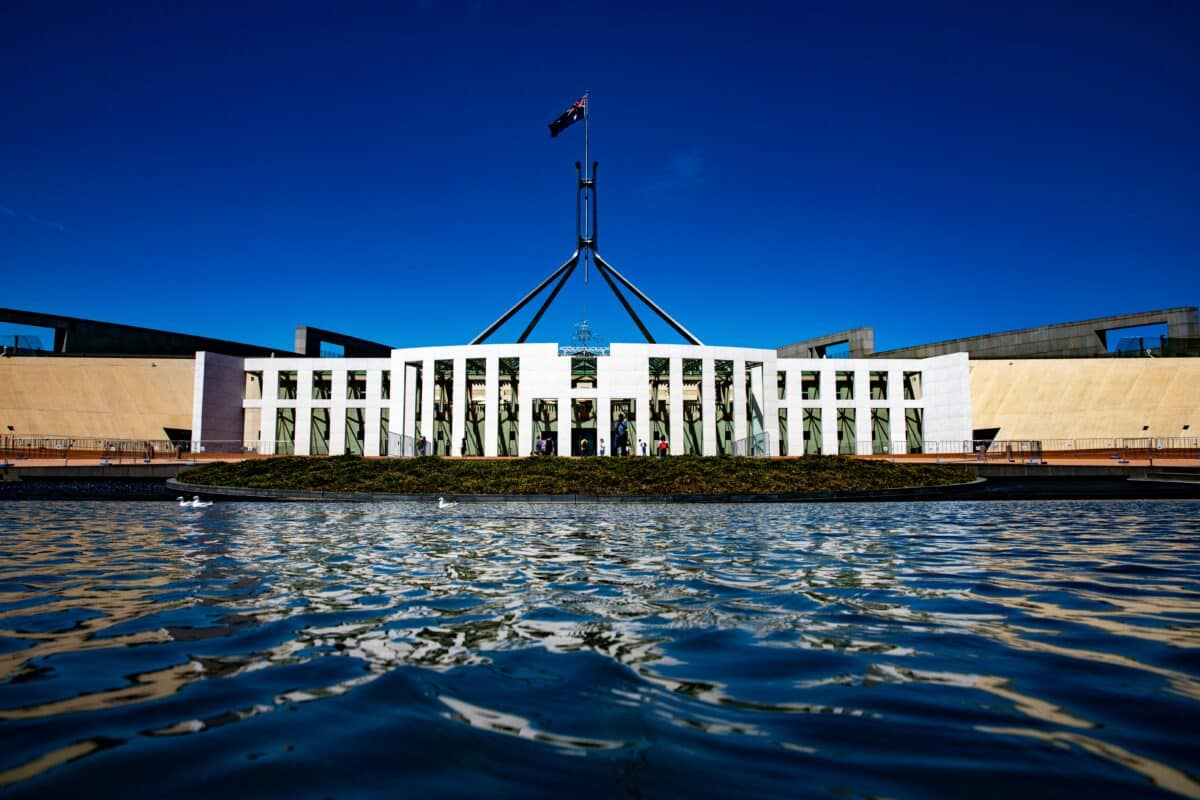
Explore all Articles
filter by–Topic
filter by–Region
filter by–Country
search by–Keyword

From Moonshots to Stagnation: Is Government Innovation a Thing of the Past?
05.13.25
“Today, the term moonshot is most commonly associated with the tech ecosystem, where Big Tech has assumed the role of global innovation leadership. This raises a fundamental question: Is the trajectory of human progress now dictated solely by private-sector interests? If innovation were to be driven primarily by profit-driven corporations, what values and priorities shape the future of technological development?”

A New EU-US Relationship
05.5.25
For decades, the transatlantic alliance has rested on two pillars: a deep trade relationship and Europe’s near-total dependency on U.S. military protection. But recent moves from Washington have shaken that foundation.

Kazakhstan & Central Asia: Brain Drain or Brain Gain?
05.1.25
“This ongoing “brain-drain” in Kazakhstan, which has led to an exodus of roughly 366,000 people in the last ten years, is a worrisome phenomenon and threat to our country’s future. How did we arrive at a point where we are losing the most valuable resource – our human capital? What can be done to reverse the trend and create a long-term “brain-gain” instead?”

On the Anniversary of the Fall of Saigon, Beware of the Desire to Save Face at All Costs
04.30.25
Fifty years ago today, Saigon fell to the North Vietnamese, officially rendering the United States’ decades-long misadventure in Vietnam a failure.[i] The troubling reality of wartime decision-making is that it was not based primarily on whether the United States could feasibly win, or even whether Vietnam was strategically important. Rather, policymakers in Washington escalated the […]

Coping with America First: Lessons from History
04.30.25
Since President Trump returned to the Oval Office in January 2025, the relationship between the United States and Europe has been in free fall.

Extraterritorial Solidarity as a Pathway for Addressing Climate Change for Africa’s Development
04.24.25
“The impacts of climate change on Africa’s development are increasingly evident across the continent. Given the need for collective regional solutions, an essential normative framework is ‘extraterritorial solidarity.'”

Treat Family Child Care Providers Like the Small Businesses They Are
04.23.25
“Despite their critical importance in Massachusetts’ mixed-delivery system for early childhood care, most of these family child care providers earn less than minimum wage.[iv] At the same time, early education and care costs in Massachusetts are among the highest in the nation.”

Why Are We Not Talking About Climate Change’s Role in Escalating Gender-Based Violence?
04.22.25
“The world today has no shortage of climate shocks, and its impacts continue to be dangerously and disproportionately felt by marginalized groups, perpetuating an enduring cycle of violence.”

Moving Towards Minority Government: A Global View of Australia’s Upcoming Election
04.18.25
“While major parties could once be expected to comfortably form majority government, this paradigm is evaporating. Now, the specter of minority government will demand compromises and new alliances across an increasingly fragmented legislature.”

Obvious but Untenable: Fuel Quality Reforms for Jakarta’s Air Pollution Crisis
03.31.25
“While the magnitude of Jakarta’s air pollution problem is well established, its sources are hard to measure, muddying the task of prioritizing interventions to target root causes.”

Building Wealth Early: Why America Needs Mandatory Financial Literacy Education
03.14.25
“Equipping young people to manage money effectively ensures they can afford critical life milestones, like homeownership, family planning, and eliminating student debt, rather than struggling with financial insecurity for decades.”

Suturing the Benefit Gap
03.10.25
“Imagine a world where low-income individuals walk into a community health clinic for a check-up and leave with the financial resources to build a healthier, more secure future for their families. That vision is now a reality.”